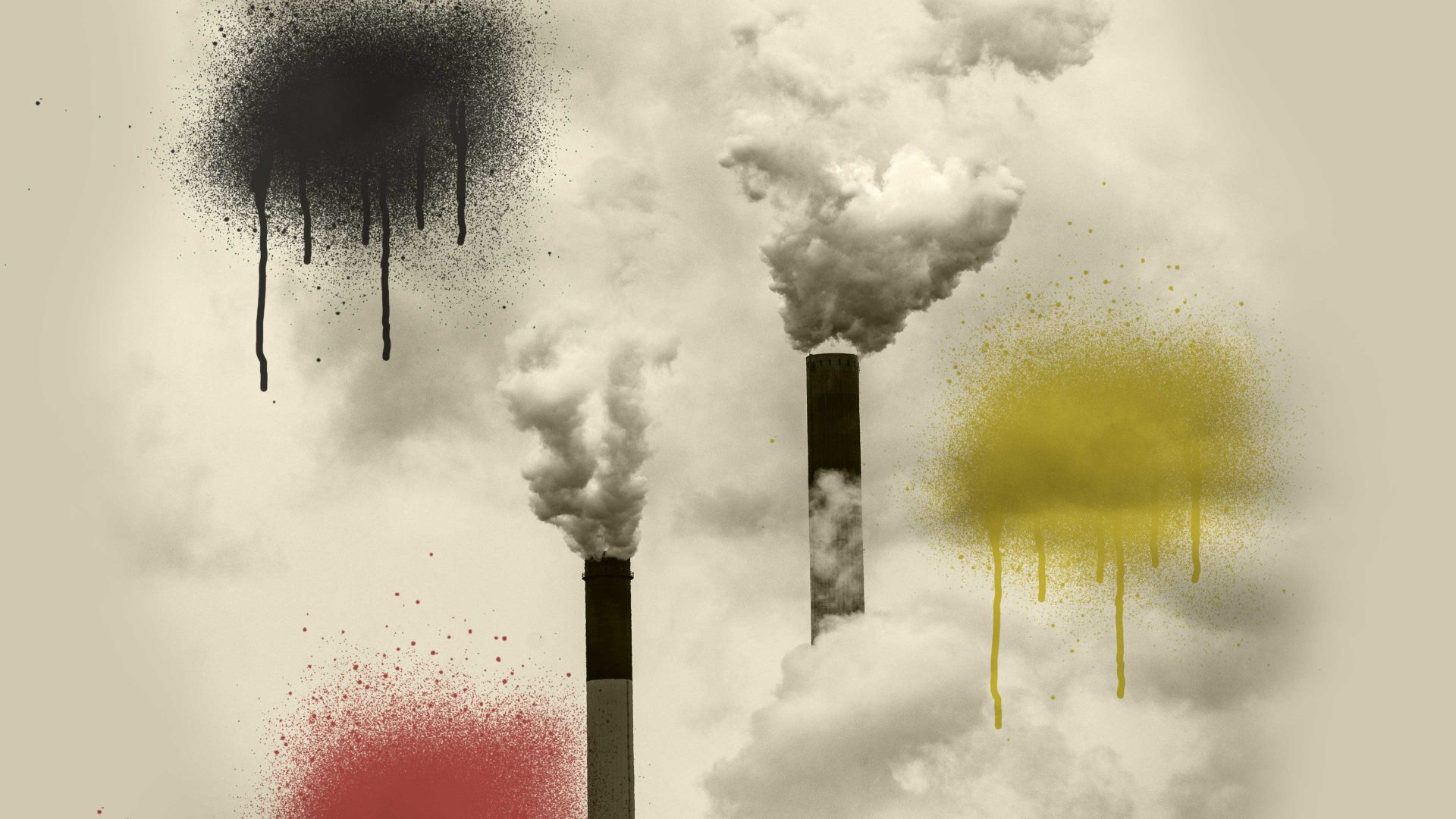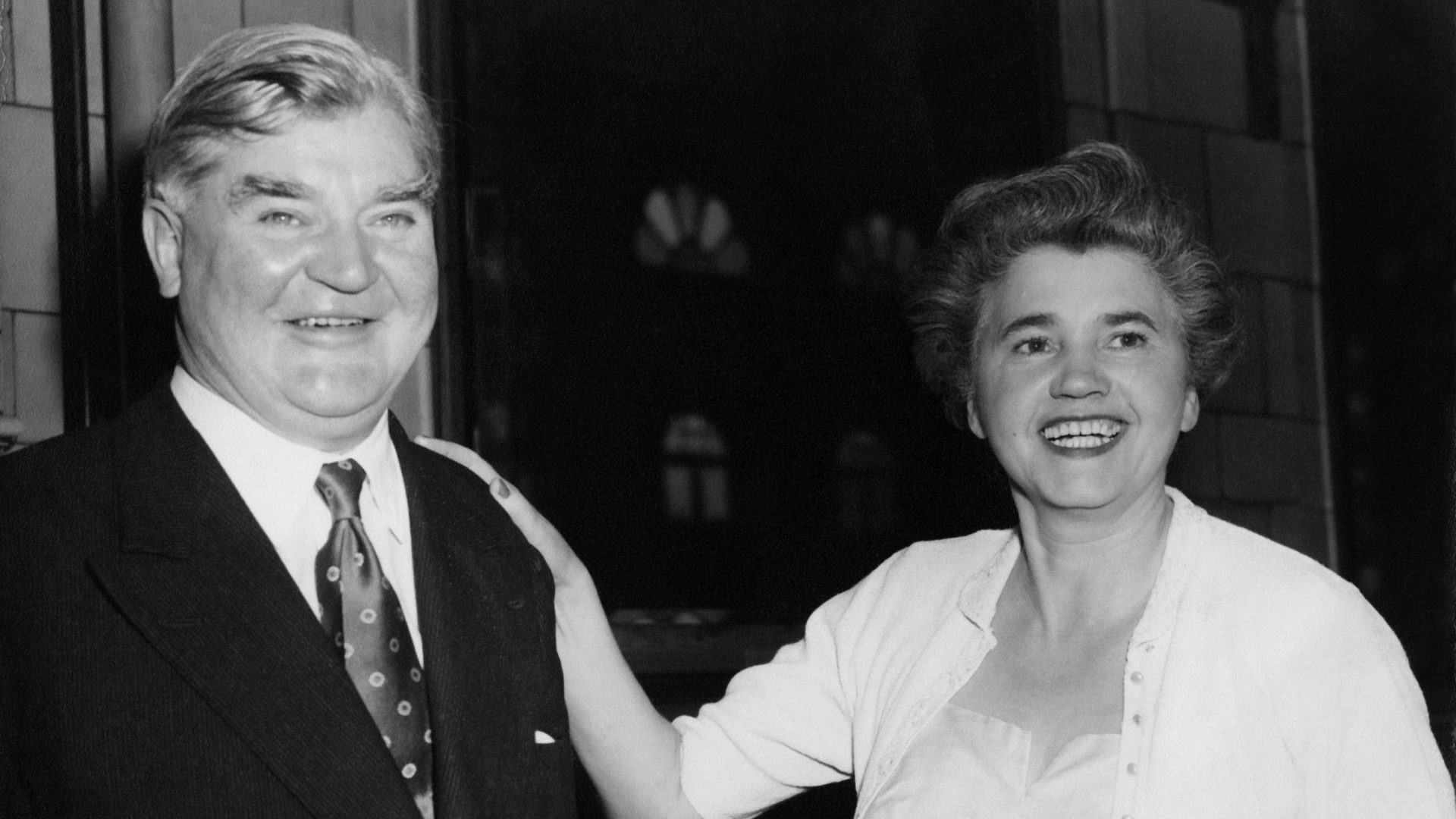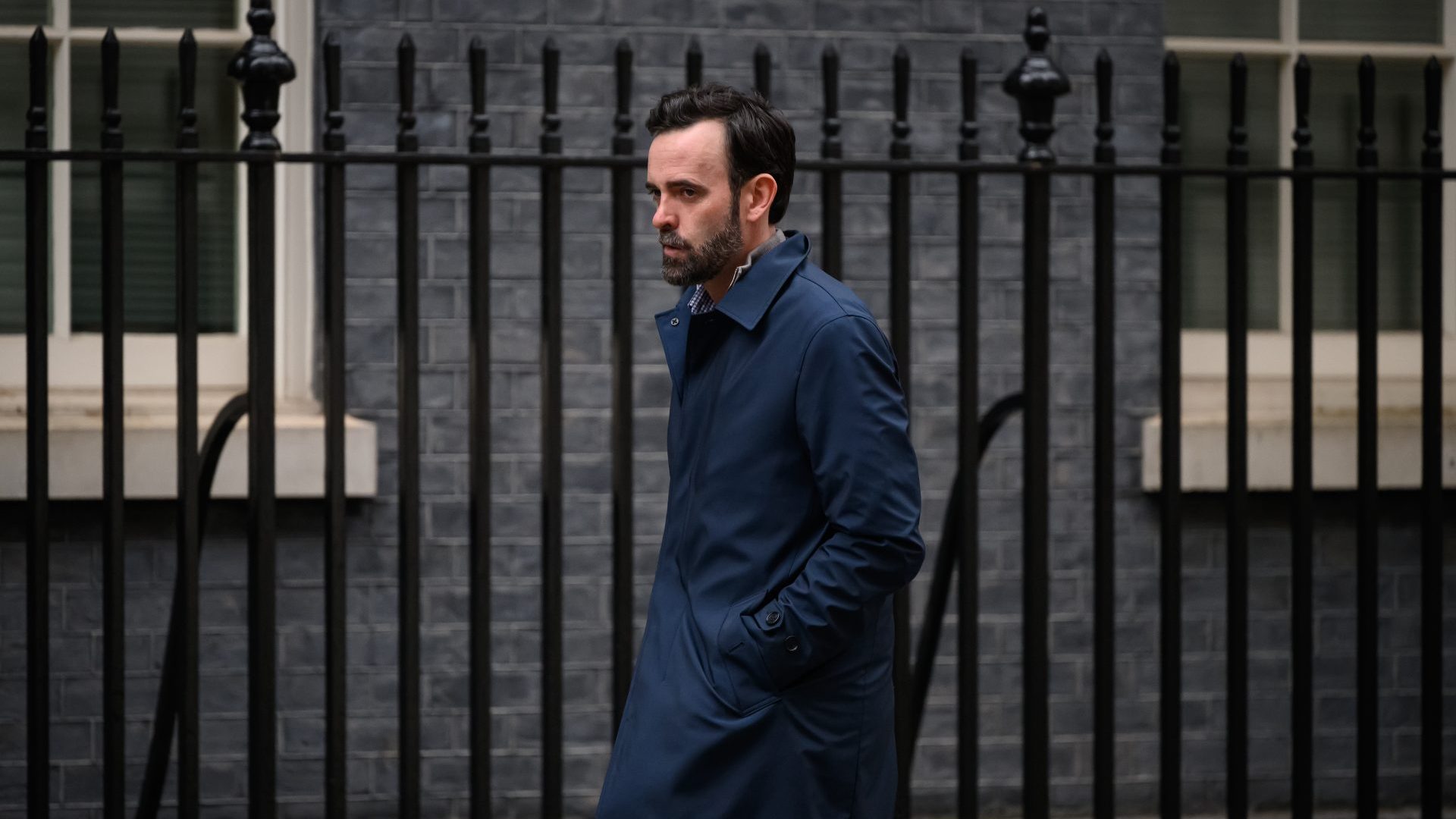Thank goodness England beat Slovakia. For 94 minutes I feared there wouldn’t be much left of Gelsenkirchen otherwise. Then again, as Sky’s Kaveh Solhekol pointed out when reporting from outside the Schalke arena ahead of England’s first match there, “there is not really much left in Gelsenkirchen” anyway.
Solhekol had just arrived from München, arguably one of Germany’s most beautiful cities, and found what he called “Gelsenkurken” to be “quite a contrast. Because now we are in the industrial heart of Germany, where steelworks and coal mines are all gone.”
It didn’t take long for the German social media counterattack – on innocent places like Hull, Luton or Manchester, which had done nothing to wound our pride: “Gelsenkirchen is crappy, rainy and grey. Shouldn’t drunk English fans feel at home?” A day later, Sky deleted the video from X.
Next time we are that easily offended, please don’t give in.
The Sky reporter had only stated the obvious: Gelsenkirchen is not on the NYT list of “1,000 Places To See Before You Die”. Nor will it ever be.
Any German arriving there for the first time from Hamburg, Wiesbaden, Heidelberg, Görlitz or Passau will have similar sentiments. In fact, the whole Ruhrgebiet is generally (and unfairly) looked down upon by outsiders.
Germany’s most densely populated region, basically a band of merging cities, is where the Wirtschaftswunder – economic miracle – was brought about from the 1950s to the 1970s. Today, it is often seen as dirty, decrepit and equipped with a funny dialect.
Compared with Germans having a go at the Ruhrpott, as the area is nicknamed, the Sky journalist was extremely polite: he made clear he wanted to be “careful about what (to) say. I don’t want to insult the nice people of Gelsenkirchen.”
And that is nearly everything you need to know: people from Mühlheim, Dortmund, Bottrop, Duisburg, Oberhausen, Hamm are indeed lovely. Their no-fuss matter-of-factness may rarely fill more than two (short) sentences, but it also conceals a heart of gold.
Not fancy, but helpful, kind and welcoming to strangers – whether it be hundreds of thousands of German-Polish immigrants from 1870 onwards during industrialisation, or a similar number of Turkish and Italian workers in the mid-1950s.
In his hometown hymn about Bochum, German singer Herbert Grönemeyer starts with the lines Du bist keine Schönheit, vor Arbeit ganz grau (You’re no beauty, completely grey from work).
This could be said about pretty much any city in the area, although there is a social equator there, too. While the northern districts of Bochum, Dortmund, Duisburg and Essen are bordering on precarious, the southern parts are rather well off, green, and even beautiful.
Overall, brutalist facades will always serve as a reminder of our former industrial powerhouse, but decades of recultivation efforts have turned the lunar-like coal mine landscapes into green parks and lakesides – like Nordsternpark in Gelsenkirchen, the Euro fanzone.
But Ruhr culture isn’t just about football and breweries. From steel magnates like Thyssen-Krupp to labour unions, many people invested a great deal into what is now an abundance of art offerings.
Duisburg and Bochum are renowned for their theatres. Zeche Zollverein in Essen, a huge former industrial site on the Unesco World Heritage List, hosts various cultural institutions.
Museum Folkwang, also in Essen and with an extension designed by David Chipperfield, is a major collection of 19th- and 20th-century art. World-famous neo-expressionist dancer and choreographer Pina Bausch created the Tanztheater in Wuppertal.
My favourite, however, is the Ruhrfestspiele, theatre festival, in Recklinghausen. In the winter of 1946, theatre and opera houses in Hamburg were on the brink of shutting down, for lack of coal. So the managers borrowed trucks and drove directly to the source, the Ruhrgebiet.
They begged miners to supply them with coal, behind the allied command’s back. And this they did (until military police eventually caught on), under one condition: Kunst gegen Kohle, art in exchange for coal.
So in the summer of 1947, a theatre festival was set up to bring art to the people of the Ruhrgebiet – and it has returned every summer since.
You see: even if the English team has to return after Saturday’s match against Switzerland, there are plenty of reasons for you to stay on.




